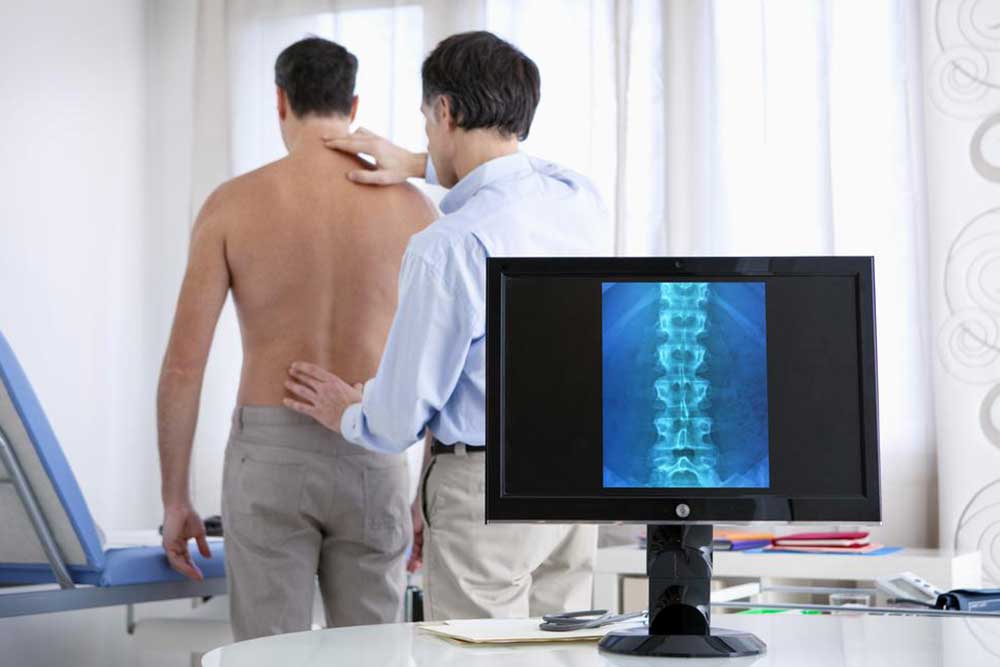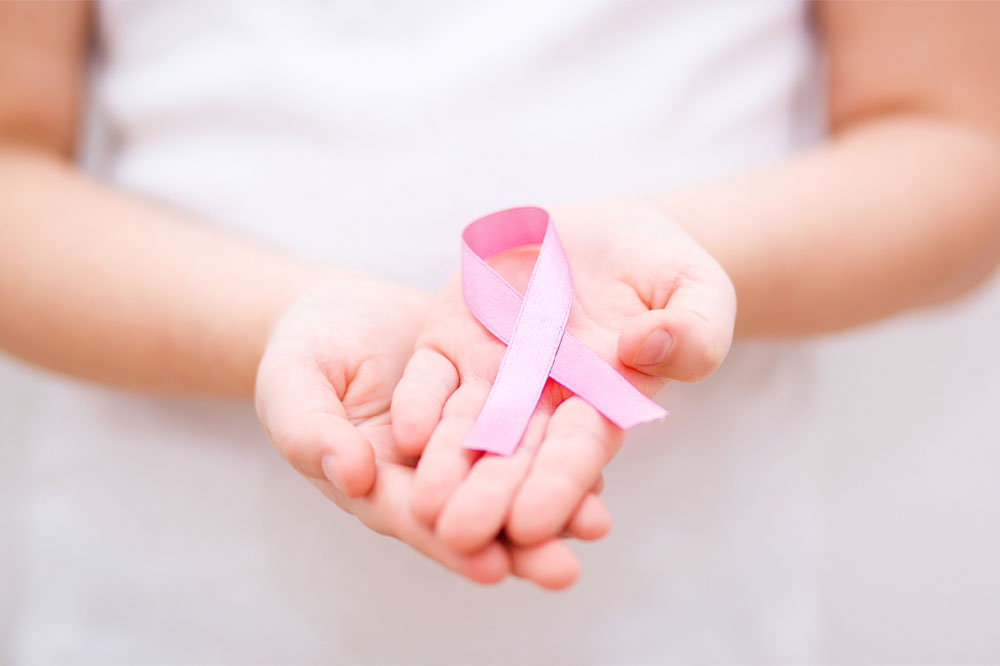Understanding the Progression and Signs of Gastric Cancer
This article explains the stages of gastric cancer and identifies early and late symptoms. Recognizing signs early can lead to timely diagnosis and treatment, improving outcomes. It emphasizes the importance of consulting a healthcare professional if symptoms persist or worsen, as early detection is vital for effective management of gastric cancer.
Sponsored

Gastric cancer is known to be one of the most painful cancers, but early symptoms are often subtle or absent. In initial stages, the disease may not present noticeable signs, making early detection challenging. Typical early symptoms can be vague, such as minor stomach discomfort or indigestion. If unfamiliar symptoms persist or worsen, prompt medical evaluation is essential. Accurate diagnosis and staging are vital to determine the extent of cancer and guide treatment strategies. Various diagnostic tests are employed to identify and stage gastric cancer.
Early Warning Signs of Gastric Cancer
Early symptoms are uncommon and often mistaken for other issues. Common initial signs include:
Unexpected weight loss
Loss of appetite
Abdominal pain
Discomfort above the navel
Indigestion or heartburn
Feeling full after small meals
Swelling or fluid buildup in the upper abdomen
Many of these symptoms can be caused by benign conditions like ulcers or stomach viruses. However, persistent or worsening symptoms should prompt medical consultation as they may indicate cancer.
As the disease advances, symptoms become more severe and recognizable, including:
Fatigue and weakness
Bleeding leading to anemia
Changes in bowel habits like diarrhea or constipation
Nausea and vomiting
Persistent abdominal discomfort
Early detection and treatment of these symptoms are crucial. Any symptoms that do not improve or worsen over time warrant immediate medical attention.






